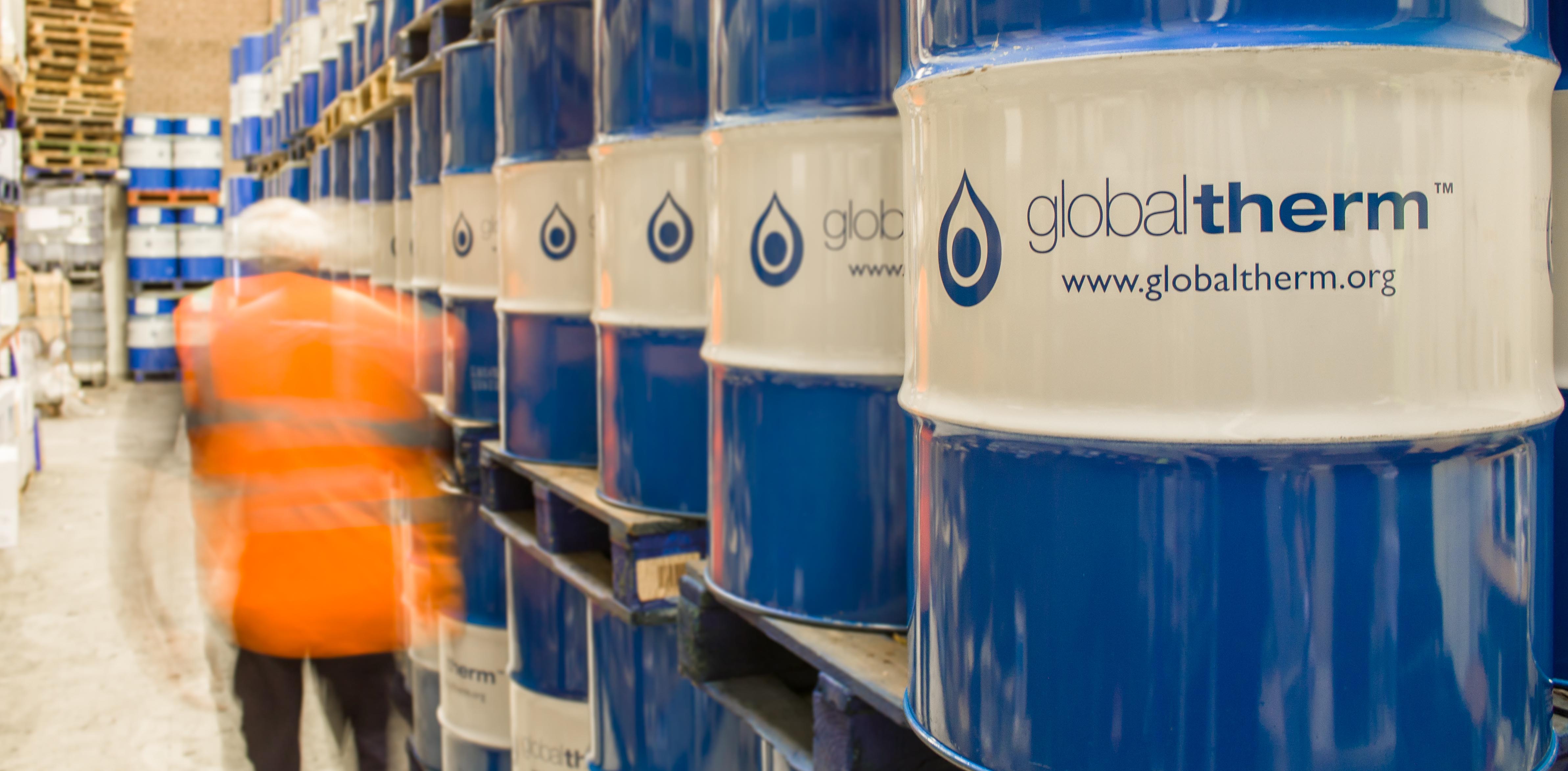Trick Advantages of Using a High-Performance Heat Transfer Fluid
Trick Advantages of Using a High-Performance Heat Transfer Fluid
Blog Article
Exactly How Warm Transfer Fluid Adds to Sustainable and Cost-Effective Procedures
In the modern industrial landscape, the function of heat transfer liquids (HTFs) in advertising sustainable and inexpensive procedures can not be overstated. These fluids are essential in maximizing thermal management systems, thus dramatically enhancing energy performance and lowering operational expenses. heat transfer fluid. The environmental advantages of sophisticated HTFs, with their high thermal stability and low toxicity, are obvious.
Understanding Warmth Transfer Fluids
In the realm of thermal administration, warmth transfer fluids (HTFs) work as important representatives for moving thermal energy from one place to one more. These liquids play an essential role in different commercial applications, including chemical handling, power generation, and cooling and heating systems. HTFs are specifically crafted to operate within a variety of temperature levels, effectively promoting the transfer of warmth while keeping a stable thermal account. Their capacity to operate under severe conditions-- whether high temperatures or cryogenic degrees-- makes them essential in settings demanding precise thermal control.
The make-up of heat transfer liquids can vary dramatically, including alternatives such as mineral oils, synthetic oils, glycols, and molten salts. Each kind supplies distinct advantages, such as boosted thermal security, low thickness, and high boiling factors, which are selected based on certain operational demands. The choice of HTF influences not only the performance of warm transfer however likewise the durability and safety and security of the system in which it is utilized.
As sectors continue to introduce, the advancement of sophisticated HTFs, identified by their enhanced thermal conductivity and minimized ecological impact, is important for meeting the needs of contemporary thermal monitoring challenges.

Enhancing Energy Efficiency

Improving power efficiency has actually ended up being a critical issue throughout different markets, motivating a better exam of warmth transfer fluids' function in maximizing thermal administration systems. These fluids are indispensable to keeping the wanted temperature level in procedures, thus minimizing energy waste and enhancing general system efficiency. By choosing an appropriate warmth transfer fluid, industries can significantly improve their energy performance, resulting in decreased energy intake.

Advanced formulations of heat transfer liquids have actually been established to withstand extreme temperature levels while preserving stability and performance. These advancements prolong the operational lifespan of the liquid, Click This Link minimizing the frequency of substitutes and energy-intensive upkeep activities. Furthermore, making use of artificial or bio-based fluids supplies fringe benefits in regards to lowered ecological effect, aligning with worldwide sustainability find out this here goals. Improving power efficiency with optimum warm transfer liquid selection is not just a technological requirement yet also an environmental imperative.
Reducing Operational Expenses
Operational expenses are a substantial consideration for markets looking for to keep affordable benefit, and the choice of heat transfer fluid plays a critical role in cost monitoring. Picking an ideal heat transfer fluid can lead to substantial expense savings by improving system effectiveness and minimizing energy usage. High-performance liquids minimize thermal deterioration, which subsequently lowers the frequency of liquid substitute and downtime related to maintenance, thereby reducing operational expenses.
Moreover, heat transfer fluids with superior thermal stability and deterioration resistance expand the life-span of devices. This minimizes the demand for regular repair work and replacements, which can be costly and turbulent to procedures. By buying top notch liquids, markets can achieve lasting decreases in maintenance costs and boost the integrity of their systems.
In addition, advanced warm transfer liquids often display reduced viscosity at operating temperature levels, which boosts pump efficiency and decreases power use in fluid flow. Lots of modern-day heat transfer fluids are engineered to operate properly over a broad temperature variety, lowering the need for multiple fluid kinds, therefore streamlining inventory demands and minimizing linked prices.
Ecological Influence Reduction
The push in the direction of reducing ecological effect has gained energy in markets leveraging heat transfer liquids. Warmth transfer liquids (HTFs) play an important function in this shift, using chances to enhance power efficiency and minimize discharges - heat transfer fluid.
In addition, using innovative heat transfer fluids adds to improved system performance, lowering the total power intake. This decrease not just causes expense financial savings however also investigate this site decreases carbon dioxide exhausts, helping in the fight versus climate adjustment. Fluids that are eco-friendly and recyclable even more boost sustainability initiatives, as they lessen waste and advertise circular economy methods.
Furthermore, incorporating HTFs right into closed-loop systems stops fluid loss and contamination of the surrounding atmosphere. This strategy makes certain that fluids are recycled, decreasing the need for new resources and restricting waste generation. By embracing these ecologically aware methods, industries can dramatically diminish their environmental influence while maintaining high operational effectiveness, aligning with international sustainability goals and regulative demands.
Picking the Right HTF
Picking the ideal warm transfer liquid (HTF) is an essential action in progressing ecological sustainability within industrial processes - heat transfer fluid. An ideal HTF ought to possess a high thermal capability, low viscosity, and high thermal conductivity to guarantee effective warm transfer.
This guarantees longevity and lowers maintenance prices. The fluid should be safe and biodegradable, lessening its eco-friendly footprint and ensuring compliance with ecological guidelines.
Verdict

Report this page